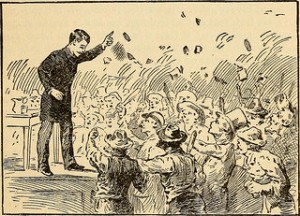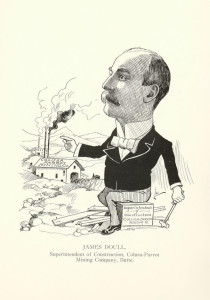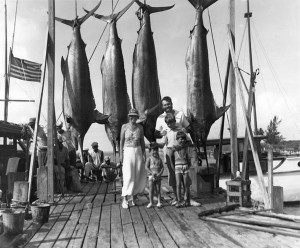I have been given a golden opportunity to share my thoughts on leadership from the perspective of having two very different and fulfilling careers. I will take this opportunity to discuss with you two words that mean a great deal to me and to the legacy we leave behind in this world. Many people believe that in our younger years we work hard since we aspire to great things.
Some call this effort our “inner drive” to be the best we can be. How does that aspiration “grab hold?” How do we know when our aspirations are realistic, achievable and worthy of commitment? Therein lies the rub! In my opinion, we feed that aspiration through inspiration.
When we have great leaders, mentors, friends or family that inspire us and guide us through life-giving opportunities that we are blessed with every day, we begin to feed those aspirations and give strength to that aspirational drive. Inspiration is such a beautiful, and often, a spiritual trait. Although inspiration is available to all, at times it seems that only a few people seem to truly recognize and avail themselves of this precious gift to make life better for themselves and for others. There are, however, people in our midst who live quiet lives of integrity, trust, and faith. They inspire, often without words, through their example. These people, whether they know it or not, are able to inspire others through their strong sense of faith and to help others to see the best in themselves and to be and to live “inspired” lives.
I have been so fortunate to have had two wonderful careers.
Click here to read the rest of the article »



















